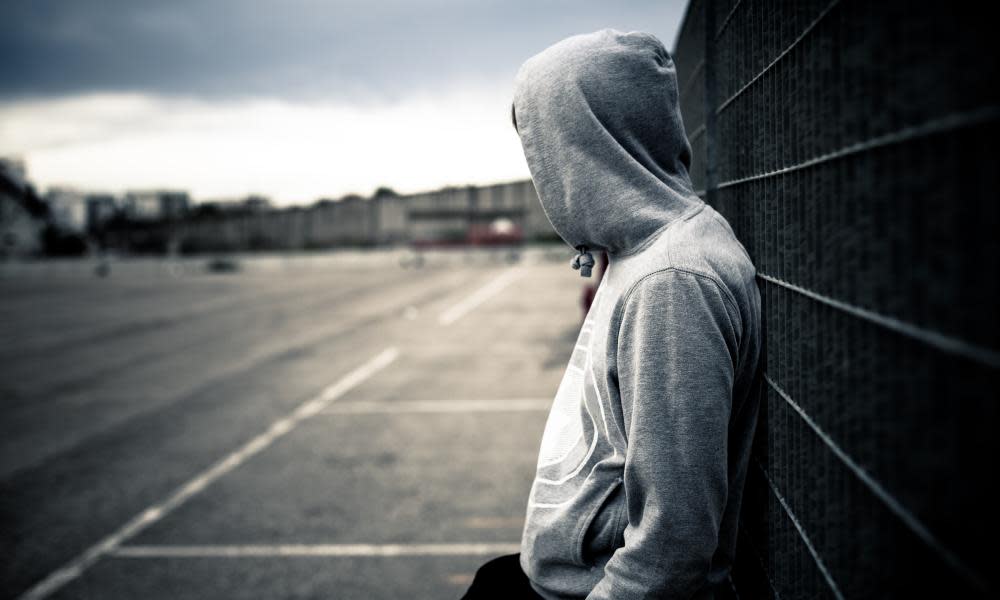One in three young people suffering mental health troubles, survey finds

One in three young people is suffering from mental troubles such as depression, negative feelings or inability to focus, a survey of more than 5,500 British teenagers has found.
The findings suggest that more school-age children than previously thought are struggling with their mental and emotional wellbeing, including problems sleeping properly.
Of the 5,555 people aged between 13 and 15 from across the UK who answered the charity Action for Children’s survey, 1,840 were found to have an issue.
The most common problems experienced were feeling depressed or anxious, displaying restless sleep and an inability to shake off negative feelings, even with the help of family and friends. Others said they found it hard to “get going”, could not focus on what they were doing or felt that everything was “an effort”.
“It’s troubling that so many of our young people are dealing with issues of depression and anxiety, and all too often alone,” said Julie Bentley, Action for Children’s chief executive.
The findings come a week after Theresa May announced new plans to improve the prevention, identification and treatment of mental health conditions in children and young people. That includes pupils in England being taught “resilience” as part of the national curriculum, teachers being trained to spot mental health issues and the publication of an annual report into under-18s’ mental health.
All 5,555 participants took part in a research exercise using the CES-D scale, which asks 20 questions about someone’s mental welfare and yields a potential maximum score of 60. A third of the teenagers had a score of at least 20, which meant Action for Children recommended that they receive treatment to help them as part of the charity’s “blues programme”. It offers psychological support to pupils who are feeling depressed.
Pressure arising from school work and social media can be too much for young people and help explain the high prevalence of mental health problems among them, added Bentley. “Young people are increasingly concerned about their futures as they become more aware of the political environment around them,” she said. “Many are dealing with the intense pressure of school work, others are experiencing problems at home.
“Add in navigating an increasingly complex 24/7 world with constant stimulation from social media and things often become too much for young people to handle.”
The results indicated that mental health problems are more widespread in young people than previous research has found. They come a month before the NHS publishes the first new estimate since 2004 of how many under-18s in England have a diagnosable condition. Simon Stevens, the chief executive of NHS England, and the National Audit Office have both said they expect it to show that rates are much higher than the one in 10 that emerged from the 2004 research.
Concerns have been growing that NHS services are unable to cope with the continuing rise in demand for mental health care from under-18s and that many are either being forced to wait up to 18 months for treatment or being denied it altogether. Last year 324,724 children and young people accessed NHS care in England for problems such as anxiety, depression and eating disorders.
An NHS England spokesperson said: “The NHS in England has made significant progress in improving children’s mental health, including improving access and treatment times, with 70,000 more young people each year set to get help.”
It has opened 183 extra beds for under-18s who need inpatient care and plans another 71 by March. It is also improving services for teenagers who end up in a mental health crisis and are at risk of self-harm or suicide, the spokesperson added.
It will also set out further plans in the NHS’s long-term plan, which is due to be published in December.

 Yahoo News
Yahoo News 
